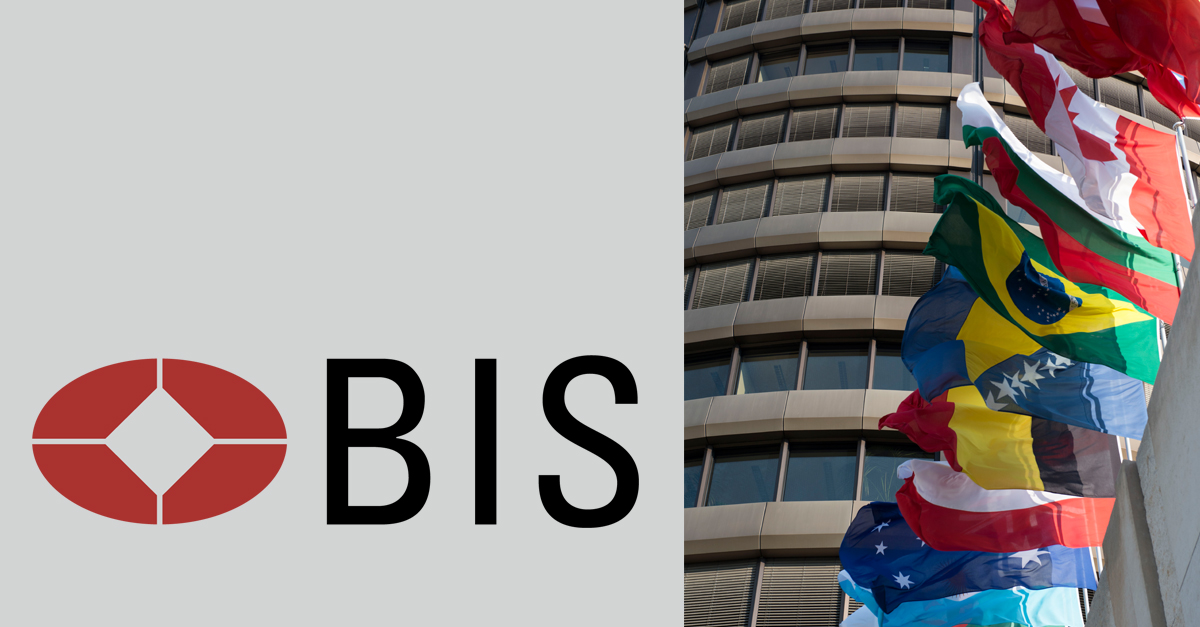I have posited for years that our modern day monetary system is insane. Aside from the obvious problems with moral hazards, the inflation tax and oh so many bubbles, lately events have conspired to illuminate a glaring example of the immorality of the system.
First, let's consider the devastating effects of inflation on the less than top 25% (percentile of wealth). Following the fiscal and monetary policy responses to the Covid 19 pandemic, we are currently experiencing a period of high global inflation. Central banks around the world have been reversing course from expanding balance sheets (QE) and Zero Interest Rate Policies (ZIRP) and are now contracting balance sheets (QT) and raising interest rates in efforts to fight inflation rates that have at times hit double digits all over the globe.
There is always a lag between monetary policy actions and effects in the market. While it's largely understood that inflation hurts folks on fixed incomes and at the (lower) margins, the consequences of persistent inflation are now highlighting just how destructive it is for everyone not in the top quartile of wealth:
...
A record-breaking share of auto loan applicants say they’ve been rejected for loans this year, according to the Federal Reserve Bank of New York.
Based on surveys collected in February, June and October, an average of 11% of automobile-loan applicants said they had been rejected, the highest yearly car-loan rejection rate since the New York Fed began tracking the figure in 2013.
That speeds past the previous record on car-loan rejections, which was set in 2020, when 7.9% of applicants said they were turned away from a car loan.
The potential potholes awaiting car shoppers were just one part of the New York Fed’s quarterly survey on consumer access to credit. Overall, consumer credit is tightening, the report found. Fewer people are applying to see what terms and rates they could get on cars, credit cards, mortgages and mortgage refinances.
Across the board, reported rejection rates for loans climbed while application rates dropped year to date. The report showed hints of households facing financial pressure.
...
https://www.msn.com/en-us/money/per...is-year-new-york-fed-survey-finds/ar-AA1kfuKH
November 20, 2023 – According to the latest data from Fidelity Investments®’ Q3 2023 retirement analysis, account balances have decreased slightly since last quarter, while withdrawals and loans are inching up, showing the impact economic events such as inflation and market volatility can have on Americans‘ wallets—and ultimately their retirement savings. ...
...
Hardship withdrawals: In Q3, 2.3% of workers took hardship withdrawal, up from 1.8% in Q3 2022. The top two reasons behind this uptick were avoiding foreclosure/eviction and medical expenses.
401(k) Loans: Inflation and cost of living pressures have resulted in increased loan activity over the last 18 months. In Q3, 2.8% of participants took a loan from their 401(k), which is flat from Q2 and up from 2.4% in Q3 2022. The percentage of workers with a loan outstanding has increased slightly to 17.6%, up from 17.2% last quarter and 16.8% in Q3 2022.
...

Fidelity® Q3 2023 Retirement Analysis: Workers Commit to the Long-Term While Navigating Uncertain Markets and Short-Term Challenges
BOSTON, November 20, 2023 – According to the latest data from Fidelity Investments®’ Q3 2023 retirement analysis, account balances have decreased slightly since last quarter, while withdrawals...
...
Americans outside the wealthiest quintile have run out of extra savings generated early in the pandemic and now have less cash on hand than they did when the pandemic began, according to the latest Federal Reserve study of household finances.
...

Americans Are Pulling Cash From Their Retirement Savings to Pay Bills
Americans now owe $1.08 trillion on their credit cards, according to a new report on household debt from the Federal Reserve Bank of New York.
Credit card balances spiked by $154 billion year over year, notching the largest increase since 1999, the New York Fed found.
...
Credit card delinquency rates also rose across the board, according to the New York Fed, but especially among millennials, or borrowers between the ages of 30 and 39, who are burdened by high levels of student loan debt.
With most people feeling strained by higher prices — particularly for food, gas and housing — more cardholders are carrying debt from month to month or falling behind on payments, and a greater percentage of balances are going more than 180 days delinquent, according to a separate report from the Consumer Financial Protection Bureau.
Nearly one-tenth of credit card users find themselves in "persistent debt" where they are charged more in interest and fees each year than they pay toward the principal — a pattern that is increasingly difficult to break, the consumer watchdog said.
...
Against that backdrop of the middle and lower classes getting squeezed hard, the Bank for International Settlements (BIS) just released a 117 page report which posits that central banks are incentivised to pick winners and losers to goose GDP even if it causes inflation for the have nots:
... Monetary policy design has traditionally taken aggregate productivity as given. In the workhorse model of monetary policy – the New Keynesian model – the central bank faces a trade-off between stabilising inflation and reducing the short-term deviations of output from its potential level. If monetary policy can affect misallocation and TFP, the central bank should also ponder how its decisions will impact the supply side of the economy in the medium term. Such considerations may be of relevance in phases of very active monetary policy, such as in the current inflationary environment.
This paper seeks to shed light on the interaction between monetary policy and capital misallocation and its implications for optimal monetary policy. ...
Our model predicts that an expansionary monetary policy shock improves capital allocation and thus raises TFP. We call this effect "the capital misallocation channel of monetary policy". We present empirical evidence supporting this prediction: expansionary policy induces high-productivity firms to increase their investment more than it does for low-productivity firms. The central bank has an incentive to exploit the capital misallocation channel, by engineering a temporary economic expansion to increase TFP at the cost of some inflation. ...

Firm heterogeneity, capital misallocation and optimal monetary policy
This paper analyzes the link between monetary policy and capital misallocation in a New Keynesian model with heterogeneous firms and financial frictions. In the model, firms with a high return to capital increase their investment more strongly in response to a monetary policy expansion, thus...
Picking winners and losers is the (immoral) violence inherent in the system. Sound money and/or a bi- or multi-lateral system of competing currencies including a sound money component like GAULT would constrain monetary policy malfeasance by offering folks at the lower bound a fully realized alternative to protect themselves (financially).
"Don't concern yourself - these are just side effects"
Last edited:

